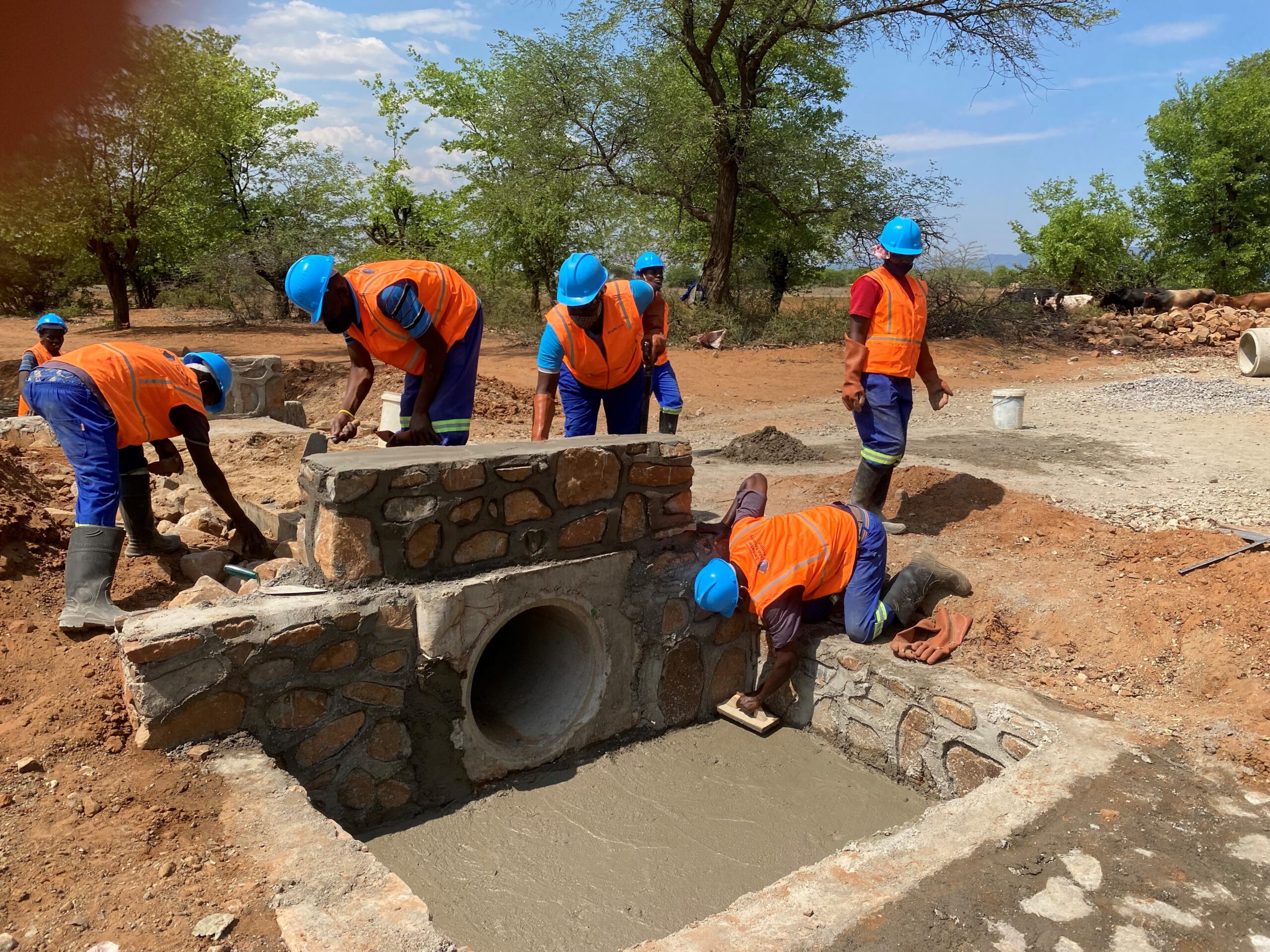
The Zimbabwe Red Cross Society (ZRCS) has engaged four locally-based civil society organisations (CSOs) in implementing the “Rights of Migrants in Action” project.
By Moses Mugugunyeki The project seeks to promote and protect the rights of migrants, especially migrant domestic workers and victims of human trafficking.

Migrants are vulnerable and susceptible to forced labour while migrant domestic workers risk exploitation and abuse given the “invisible” nature of their work. They also represent an easy target for human trafficking networks.
ZRCS secretary-general Maxwell Phiri said his association was committed to promote and protect the rights of migrants.
“ZRCS is committed to addressing the needs and vulnerabilities of migrants and any other persons affected by migration regardless of their legal status, in order to provide protection. This follows our fundamental principles of independence and neutrality,” Phiri said.
“We are working with selected humanitarian CSOs in achieving this as our complementary role to government efforts.”
The Rights of Migrants in Action project is being funded by the European Union, International Federation of Red Cross, as well as Red Crescent Societies.
- Chamisa under fire over US$120K donation
- Mavhunga puts DeMbare into Chibuku quarterfinals
- Pension funds bet on Cabora Bassa oilfields
- Councils defy govt fire tender directive
Keep Reading
The Development Practitioners of Zimbabwe Trust, Together As One, Zimbabwe HIV/Aids Activists Union Community Trust (ZHAAUCT) and Zimbabwe Community Development Association are implementing various activities aimed at promoting and protecting the rights of migrants as well as victims of human trafficking.
They are part of the 10, 5 million euros fund which was channelled towards 15 countries around the world. The fund is aimed at fostering a coordinated approach by CSOs towards the protection of rights of migrants and to enhance their access to social services, notably through small-scale projects.
In Zimbabwe the project will provide direct social assistance and protection to the migrants and their families. This support will include access to healthcare, legal assistance and social inclusion measures like training or interpretation services. The project also aims to help CSOs to better protect the rights of these migrants by creating a network where all the CSOs can share best practices. Promoting rights of migrants as well as promotion of labour and anti-trafficking policies and legislation, and supporting dialogue with public authorities, employers’ associations and the private sector, are some other actions that will be pursued.
Development Practitioners of Zimbabwe Trust national coordinator, Chipo Muchabaiwa said her organisation was concerned with ameliorating the welfare of migrant workers.
“Our intervention to the plight of migrant domestic workers is based on their forgotten contribution to the socio-economic development of both countries of origin and destination,” she said.
“Modern migration trends tend to give more attention on the negative effects of migration more than their positive contributions. We thank the European Union and funding partners for providing resources to support projects which improve the status of migrant domestic workers and victims of human trafficking who represent a more vulnerable and risky population among the migrants community.”
Her sentiments were also echoed by Rosa Chimbindi of ZHAAUCT who said their concern was the plight of migrant workers in accessing healthcare services.
“The project involves working with migrant domestic workers and victims of human trafficking by implementing various interventions such as counselling, referrals to access treatment, capacity building, and community awareness campaigns on human rights targeting both the migrant domestic workers and the employers,” Chimbindi said.
“We want to make sure that migrant workers are able to get access to healthcare services and are able to claim their right to health.”
On Friday the CSOs marked International Migrants Day through a public exhibition aimed at raising awareness among the public on facts about migrants, the lives of migrant workers’ children, the plight of victims of human trafficking and refugees.











